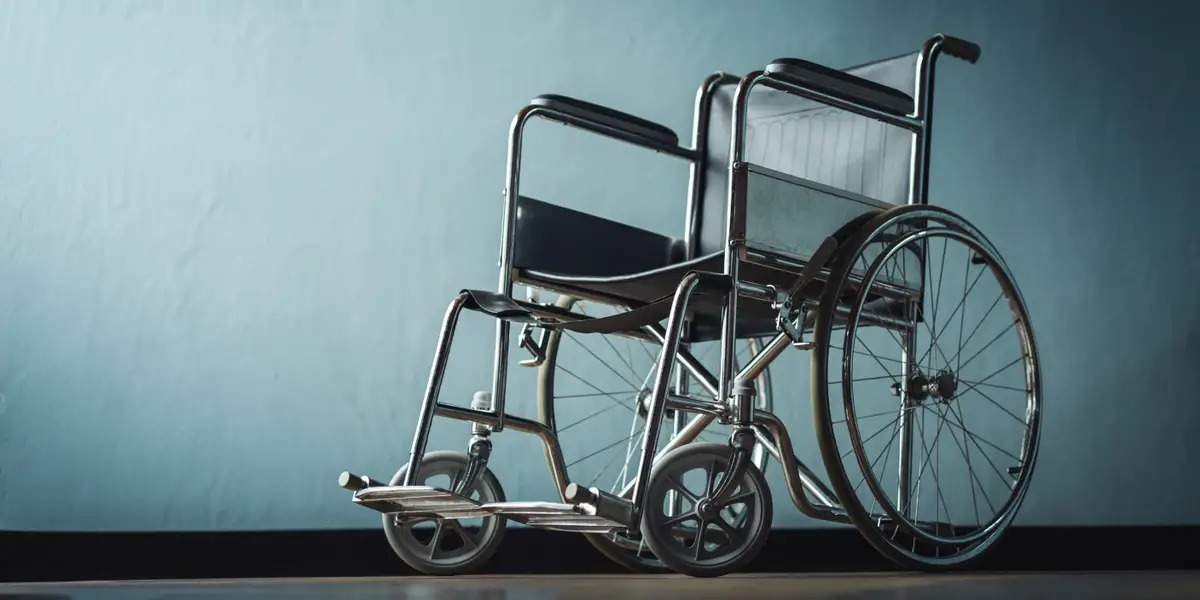The Human Rights Commission (HRC) has issued a call to law enforcement agencies, urging them to prioritize the dignity and worth of all individuals in the performance of their duties. This plea comes in response to a disturbing incident involving the confiscation of a wheelchair from Mr. Daniel Mwamba, a person with a disability, who was found selling plastic papers in Lusaka as a punishment for engaging in street vending.
In a statement, HRC spokesperson Mweelwa Muleya underscored the importance of ensuring that law enforcement activities are conducted in a lawful, reasonable, and justifiable manner, especially within a democratic society such as Zambia.
Mr. Muleya described the actions taken by the Lusaka City Council as cruel, inhuman, and degrading treatment inflicted upon an individual with a disability. He stressed that the confiscation of Mr. Mwamba’s means of mobility not only violated his rights but also compromised his ability to lead an independent life.
He further expressed his regret that the Lusaka City Council had urged the victim to visit their offices to resolve the matter, despite having incapacitated him by confiscating his means of mobility.
In light of this distressing incident, the HRC is advocating for swift restorative measures that encompass the immediate reinstatement of Mr. Mwamba’s rights and dignity. Additionally, the Commission suggested empowering Mr. Mwamba by securing a trading place for him within the Central Business District. Such actions would not only demonstrate humanity but also help alleviate the trauma inflicted upon him.
Mr. Muleya concluded by reiterating the Commission’s call for all law enforcement agencies to continually recognize the inherent dignity and worth of every human being. He emphasized the importance of ensuring that law enforcement remains proportionate, lawful, reasonable, and justifiable within the democratic framework of Zambia. The call serves as a reminder of the importance of safeguarding the rights and dignity of all individuals, particularly those who may be more vulnerable due to disabilities or other factors.
Source: Lusakatimes

 President Hakainde Hichilema Mourns the Passing of Edgar Lungu
President Hakainde Hichilema Mourns the Passing of Edgar Lungu Edgar Lungu has Died
Edgar Lungu has Died President Hichilema Pays Tribute to Pope Francis at Solemn Requiem Mass
President Hichilema Pays Tribute to Pope Francis at Solemn Requiem Mass Government Intensifies Soil Analysis Campaign to Boost Agricultural Productivity
Government Intensifies Soil Analysis Campaign to Boost Agricultural Productivity Teenage girl found dead near Kamwala South Secondary School, police launch investigations
Teenage girl found dead near Kamwala South Secondary School, police launch investigations Vice President calls for stronger engagement between UNZA management & student leaders
Vice President calls for stronger engagement between UNZA management & student leaders President Hichilema sets 1,000 megawatt solar energy target for 2025
President Hichilema sets 1,000 megawatt solar energy target for 2025 RPP backs Vice President’s call to accelerate national gender policy implementation
RPP backs Vice President’s call to accelerate national gender policy implementation Kariba North Bank Power Station to boost generation with increased water allocation
Kariba North Bank Power Station to boost generation with increased water allocation